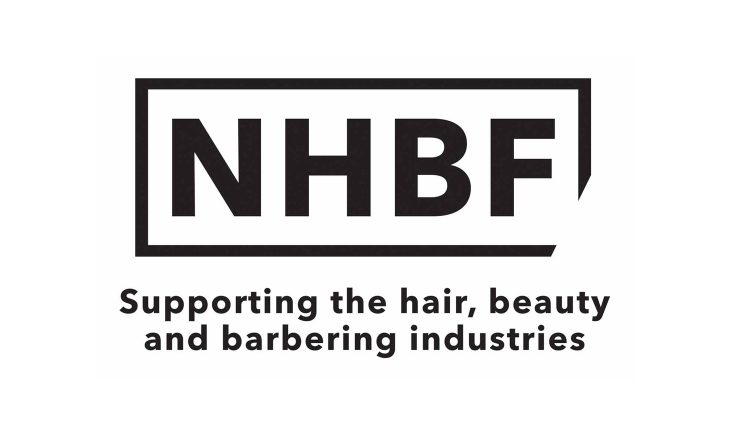The NHBF is calling for a prolonged period of stability in order for hair & beauty businesses have a fighting chance of recovery, following the results of its latest State of the Industry survey.
The sector remains divided about the future with 46% of respondents unsure if their business will survive until the end of social distancing. Under the requirements in place prior to the most recent lockdown (Nov/Dec 2020):
- Almost 1 in 4 salons (23%) were not earning enough to cover outgoings such as rents, overheads, staff costs and stock etc.
- 38 per cent were just about breaking even.
- only 2 in 5 of businesses across the entire hair and beauty sector were making any kind of profit.
Throughout the pandemic, the NHBF, working with partners in the sector, was able to secure further reliefs and financial support for personal care businesses in each of the four nations. Despite this, fixed outgoings and a lack of ability to diversify and generate income during lockdown has left businesses with no cash reserves, growing debt, and at the brink of closure. In fact, Local Data Company statistics indicate that ten per cent of the industry had been lost to the crisis by December.
Successive lockdown closures have also had a dramatic impact on employment:
- 1 in 6 business owners (16 per cent) have made redundancies as a result of the pandemic, with only 2 in 5 able to rule out further redundancies when furlough ends.
- 59 per cent have cut staff hours in order to save costs.
- More than half of businesses have had to cut apprenticeships during the pandemic (55 per cent).
- Only 11 per cent are likely to take on new apprentices in next three months, despite recent government incentives.
Richard Lambert, NHBF chief executive, says: “Financial stability will be the key to returning to profit and stability. Hopefully most hair & beauty businesses who have been able to return to work in the last few weeks will have enjoyed record income. However, they need the chance to get their head above water. As things stand, they’ll have to start repaying rent arrears and the debts and loans accrued over the last year just when business rates relief and furlough come to an end.
“Tackling this tsunami of financial obligations under long term social distancing requirements will scotch any chance for the industry to be profitable. It will be even less likely that businesses will have the resources, capacity or financial ability to take on or keep apprentices, putting the future skills of the sector in real jeopardy.”
The NHBF recommends that the most beneficial policy measures over the next six months would be:
- Social distancing measures and operational restrictions within close-contact guidance should be phased out as soon as it is safe to do so if the sector is to return to profit.
- A temporary reduction in VAT
- Easier access to support grants should businesses struggle to recover
- An extension to the Self-Employed Income Support Scheme (SEISS) should the economy have failed to recover after September.


